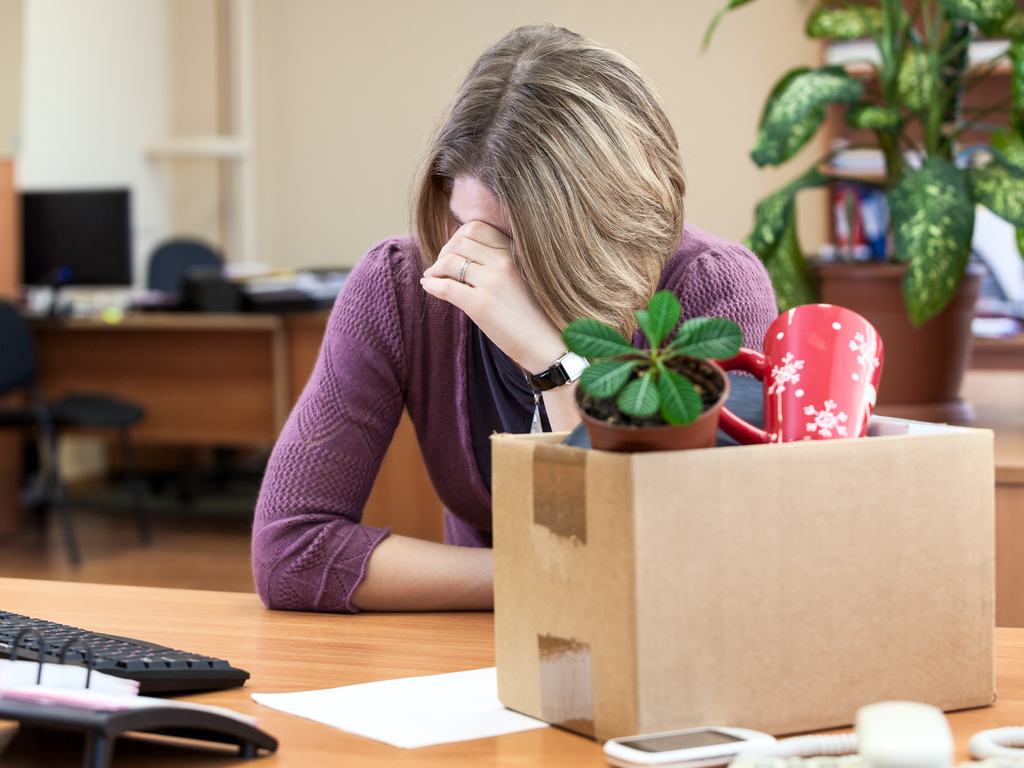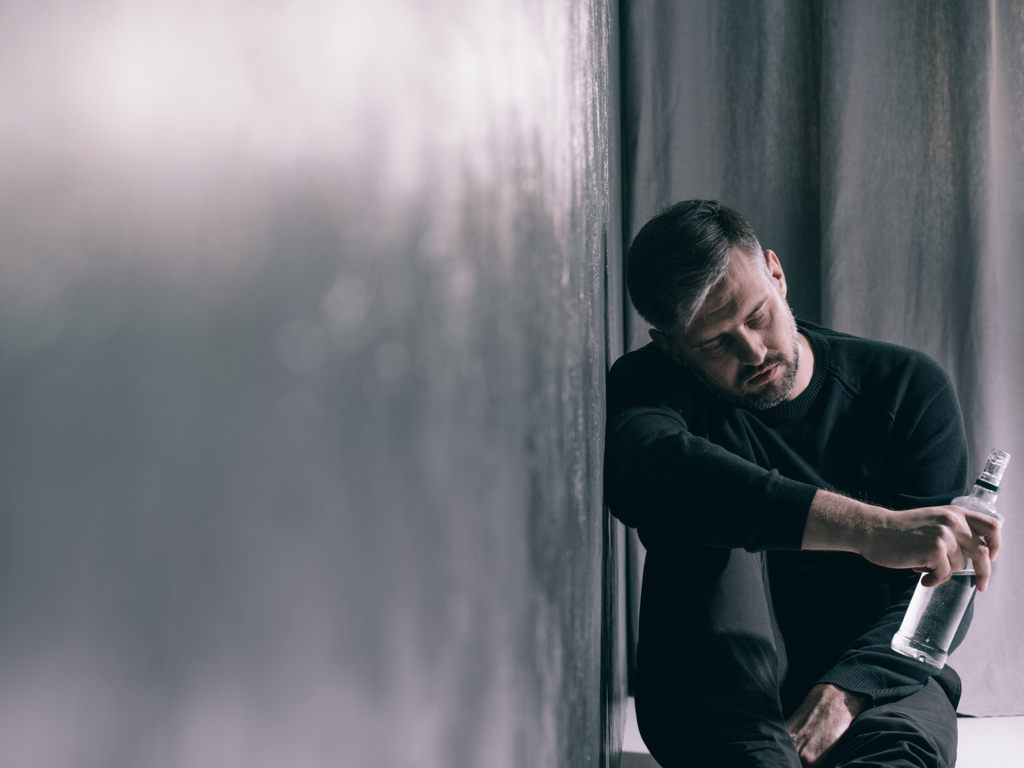Determining the answer to “how does hopelessness feel?” can lead to associated mental health conditions, such as anxiety and depression
Hopelessness feels slightly different for each person, but it usually involves feeling dark and low. It also can feel like you don’t have any power over your circumstances.
But having feelings of hopelessness does not always mean you’ve developed a mental illness. Let’s look at how hopelessness feels and what to watch out for.

How Does Hopelessness Feel?
Hopelessness can include intangible feelings in addition to unwanted thoughts. These thoughts and feelings might be based on negative past experiences, low self-esteem, or a current, traumatic event.
For example, you may feel overwhelmed and powerless if you suddenly lose your job or home. Or, despite trying to do everything right, you were let go in a series of layoffs at work. Possibly a natural disaster unfortunately leveled your house.
In these types of situations, it is normal to become preoccupied with your survival and feel shell-shocked. You might lose interest in hobbies or social activities. Feelings of darkness or not knowing how you’re going to recover could accompany grief, anger, and sadness.
People who have had negative past experiences, such as living in an abusive home or having poor luck finding a well-paying job, may feel a form of hopelessness.
They could feel pessimistic about forming relationships and trusting others. Individuals with prior negative experiences can also show signs of stress and hesitation. They also may assume current outcomes will be like those in the past. They could avoid applying for jobs or go after jobs below their level.

Should I Be Worried About How Hopelessness Feels?
Many people wonder how does hopeless feel and should I be worried about my feelings? It’s natural to wonder if your feelings could be a sign you have a more serious condition. This may set in especially if your feelings are strong or persist for several weeks.
Some of the signs that feelings of hopelessness are something more include:
- A change in sleeping patterns
- Suicidal thoughts
- Persistent feelings of anxiousness
- Physical reactions to stimulation that reminds you of a negative or traumatic event
- Substance use
- Social isolation
- Engaging in risky behaviors or self-harm
- Extreme mood swings, which often go from highs to lows within a few hours or the same day
If you or a loved one notices you’re struggling, it’s best to get a professional opinion. Many counselors offer initial consultations to assess what you’ve been feeling and going through. Sometimes therapy is enough to help, but there are also options for medication plus therapy.
Even if you’re not exhibiting signs of depression or anxiety, you might find talking to someone helps you work through your feelings. It doesn’t have to be a therapist but could be a trusted friend, family member, or colleague.

Types of Hopelessness and Hope They Might Feel
Sometimes it’s difficult to find a clear answer to the question of “how does hopeless feel” because there are several differing contexts. The opposite of hopelessness is hope, which is associated with attachment, survival, and mastery needs.
Attachment needs refer to relationships, emotional and spiritual fulfillment, and physical closeness. Survival needs are about overcoming obstacles in life and becoming resilient and adaptive to change. Mastery needs are often tied to purpose and achievements.
You may feel different forms of hopelessness because one of these needs is unfulfilled. For instance, you can feel hopeless about your abilities to learn new things and accomplish your career goals.
When attachment needs aren’t met, you can develop feelings of abandonment and unworthiness. This is a distinct type of hopeless that may make you feel flawed or different from others.
If your survival needs are jeopardized, you might lose confidence in your ability to support yourself and your family. You could also develop a sense of doom.
Sometimes hopelessness feels like a lack of inspiration. You might not be motivated or compelled to imagine a set of goals or aspirations.
Conclusion
Hopelessness is a complex emotion that can have several potential sources. Traumatic events, loss, and experiencing something negative like rejection may cause you to feel hopeless. Typically, these feelings dampen your mood or cause you to question your worth or abilities.
However, these feelings and thoughts are usually temporary and something you can work through.
References
https://www.goodtherapy.org/blog/psychpedia/hopelessness
https://www.familyaddictionspecialist.com/blog/feeling-hopeless-signs-symptoms-and-ways-to-recover
https://jedfoundation.org/resource/tips-for-dealing-with-hopelessness/
https://psychcentral.com/anxiety/the-9-types-of-hopelessness-and-how-to-overcome-them#types-of-hopelessness